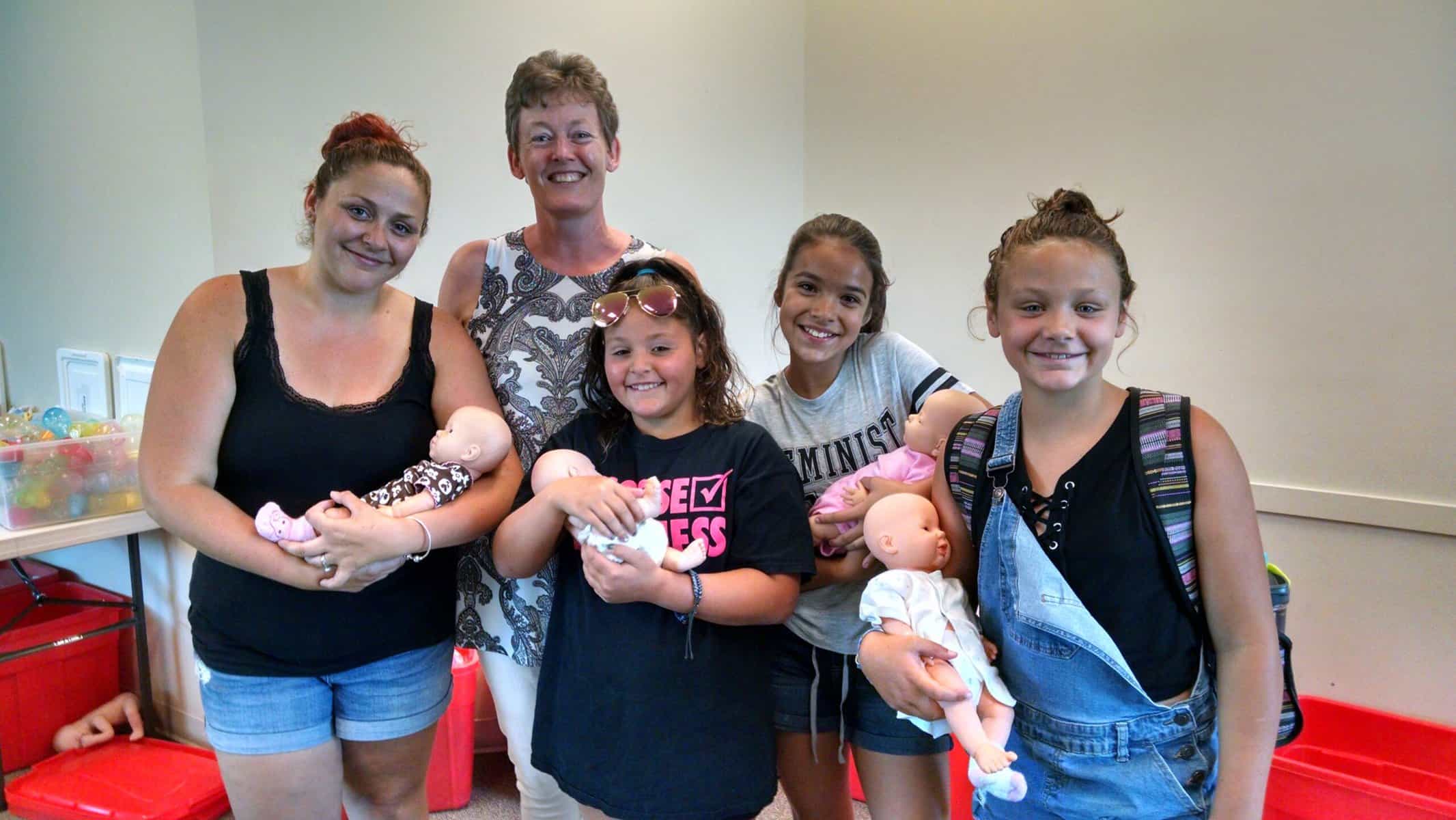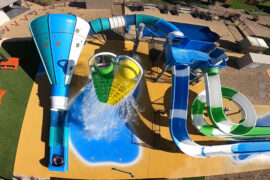Understanding the Legal Age to Babit: A Detailed Guide for Parents
Hey there, wonderful parents and guardians! Are you considering crossing that big milestone where you leave your precious little ones with a babysitter for the first time? Or perhaps you’ve got an enthusiastic teenager eager to start their first gig looking after the neighborhood kids? Either way, knowing the legal ins and outs of babysitting is super important for ensuring a fun and safe experience for everyone involved. That’s why we’re here to offer you the ultimate guide to understanding the legal age to babysit!
Why the Legal Age Matters
First things first, let’s talk about why the legal age for babysitting is something you definitely want to get right. It’s not just about complying with regulations – it’s about peace of mind. This magical age number helps ensure that your babysitter is mature enough to handle emergencies, capable of making wise decisions, and able to provide proper care to your kiddos. Now, isn’t that what every parent wants?
Legal Age for Babysitting: The Basics
Here’s the scoop – there isn’t a one-size-fits-all answer. The legal age to babysit can vary widely from one region to another. In some places, there are strict legal guidelines, while in others, it’s more about guidelines or recommendations. Generally, many regions agree that ages 11 to 16 may be suitable, depending on various factors. But let’s get into the specifics. Here’s what you’ll find in the sections to come:
- Legal age requirements by country and state/province
- Readiness signs – How to tell if a teen is mature enough to babysit
- Resources for babysitter training
- Tips for parents when choosing a babysitter
Diving into Local Laws
Remember, there isn’t a worldwide standard for the legal babysitting age. Places like the United States, Canada, the UK, Australia, and New Zealand all have their unique guidelines. It’s crucial to check with your local governing laws. For example, in the US, the legal age to babysit varies by state – some say 12 is okay, while others suggest 14. However, few states have clear laws, leaving it to the parents’ discretion. In the UK, there isn’t an exact legal age, but parents could face prosecution if they leave a child unsupervised ‘in a manner likely to cause unnecessary suffering or injury to health’. That’s why knowledge is power, and we’re here to empower you!
Select the Right Babysitter with These Tips
While we’re sorting through the legal talk, let’s not forget about what makes a great babysitter. And no, it’s not just about age. You’ll want to look for maturity, responsibility, and – dare we say – a flair for fun. After all, kids gotta have fun, right? You’ll also want to think about whether they’re trained in first aid, have experience with children the same age as yours, and are comfortable with any specific needs your children may have.

Five Essential Things Parents Should Know in Preparing for the Legal Age to Babysit
-
Local Legislation and Guidance
Understanding the legalities surrounding babysitting in your area is the cornerstone of preparing for a babysitter. Ensure you’re familiar with state or regional laws and consult local guidance. While some areas might not have explicit laws, there may be recommendations or widely accepted practices which you should consider. If in doubt, local childcare resource centers or legal professionals can offer clarification.
-
Maturity Over Age
While age can be a good indicator of responsibility, maturity is the key. Assess potential babysitters for their ability to think on their feet, handle stress, and communicate effectively. Consider their past experiences, not just in babysitting but in situations that require responsibility and decision-making. More than a number, maturity will dictate how well a babysitter can care for your children.
-
Training and Qualifications
Seek out babysitters who have invested time in training, especially in first aid and CPR. These qualifications can make all the difference in an emergency. Many communities offer babysitting courses through organizations like the Red Cross, which can provide your sitter with the necessary skills to keep your children safe and respond appropriately to any situation.
-
Clear Communication and Set Expectations
Before leaving your child with a babysitter, communicate your expectations clearly. Discuss your children’s routines, any allergies or medical requirements, and how you’d like certain situations handled. Offer contact information for emergencies and provide a list of do’s and don’ts. Good communication establishes a clear foundation for what you expect from the babysitting experience.
-
Conducting a Trial Run
It’s a great idea to have a trial period where the babysitter spends time with the children while you’re home. This not only allows your kids to become comfortable with the new person in their space but also lets you observe the babysitter’s interaction with your children. Moreover, it provides an opportunity for the babysitter to ask real-time questions and for you to provide guidance.
Preparing Your Child For a Babysitter
Equally important is preparing your child for being with a babysitter. Discuss the change with your kiddos, highlighting positive aspects and reassuring them that you’ll return. Children often take cues from their parents, so maintaining a positive and calm demeanor is essential. Visibly trusting the babysitter can do wonders for accruing the same level of trust from your child.
Building a Relationship With Your Babysitter
A strong, trusting relationship between the family and the babysitter contributes significantly to a successful babysitting experience. Show appreciation for their work, actively communicate, and offer feedback. With a good relationship, babysitters are more likely to be engaged, committed, and responsive to your children’s needs, ensuring happy kids and worry-free parents!
Create a Safe and Supportive Environment
Lastly, ensure your home is a safe space for both the babysitter and your children. Childproof your home as needed, lock away any hazardous materials, and provide the sitter with all necessary instructions for appliances and home security systems. A comprehensive checklist for the babysitter can be immensely helpful and will help them navigate their time in your home with confidence.
See more great Things to Do with Kids in New Zealand here. For more information see here
Disclaimer
The articles available via our website provide general information only and we strongly urge readers to exercise caution and conduct their own thorough research and fact-checking. The information presented should not be taken as absolute truth, and, to the maximum extent permitted by law, we will not be held liable for any inaccuracies or errors in the content. It is essential for individuals to independently verify and validate the information before making any decisions or taking any actions based on the articles.




